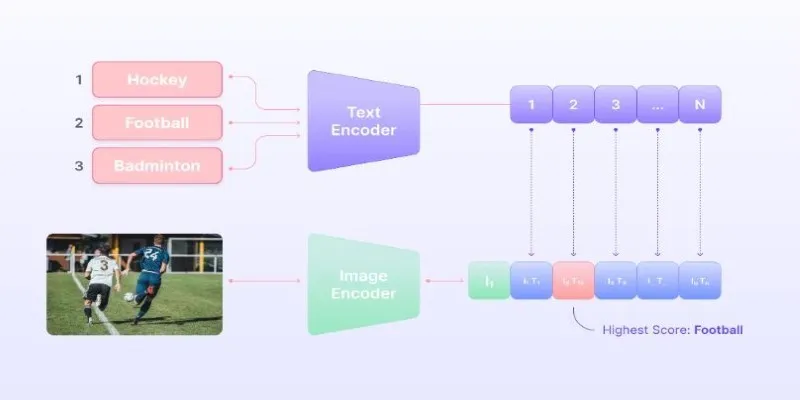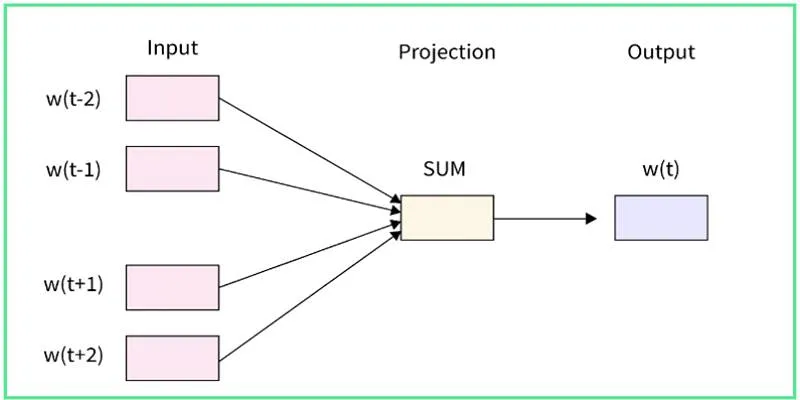Home entertainment has undergone a significant transformation in recent years. Thanks to Artificial Intelligence (AI), activities like watching movies, listening to music, or playing games at home have become personalized experiences. Instead of spending time searching for what to watch, your favorite apps and devices can now recommend content you’ll genuinely enjoy. Let’s explore how AI is revolutionizing home entertainment through personalized content suggestions and how this technology is enhancing our daily viewing habits.
What Is AI in Home Entertainment?
In the world of home entertainment , Artificial Intelligence (AI) refers to the smart technology that streaming services, music platforms, and even game consoles use to analyze user behavior and provide more relevant content. This means your likes, dislikes, and viewing habits are leveraged to suggest movies, TV shows, songs, or games that you are more likely to enjoy.
Why Is It Important?
We live in an era of endless choices. With thousands of movies and songs available, finding the perfect one can be overwhelming. AI simplifies this process by helping you discover new favorites without the hassle.
Understanding Personalized Content Recommendations

Personalized content recommendations occur when AI systems analyze user behavior to suggest content they are most likely to enjoy. This involves gathering and processing data such as watch history, viewing times, skipped material, and even device types.
Streaming services like Netflix, Hulu, YouTube, and Spotify extensively use this technology. Their primary goal is to keep users engaged by offering content they are more likely to enjoy. But how does this process work?
How AI Understands User Preferences
In home entertainment, AI employs machine learning algorithms to create comprehensive user profiles. These algorithms consider factors beyond just your watch history, including:
- Viewing habits: What time of day does the user watch content, and for how long?
- Genre preferences: Whether a user tends to enjoy comedies, thrillers, documentaries, or romantic films.
- Behavioral patterns: If users often pause, re-watch, or skip certain types of content.
- Ratings and feedback: Any likes, dislikes, or ratings provided help train the system to refine suggestions.
- Comparative analysis: AI compares the habits of similar users to offer new content that others with similar tastes have enjoyed.
This analysis helps platforms continually learn and update their recommendations over time. The more a person uses the service, the better the system becomes at predicting their preferences.
Where AI Is Used in Home Entertainment
The influence of AI is evident across various platforms and devices in the average home.
Common Applications Include:
- Netflix and other streaming platforms: Suggesting shows and movies based on your viewing history.
- Spotify and Apple Music: Creating playlists and recommending songs according to your listening habits.
- YouTube: Recommending videos that match your watch and search history.
- Gaming Consoles (like PlayStation or Xbox): Suggesting games based on your play style and favorite genres.
Even smart TVs now come with built-in AI that adjusts picture settings or suggests apps based on usage.
Smart TVs

Modern smart TVs are equipped with AI-powered features such as voice recognition, adaptive brightness, and content curation. These features collaborate to understand user habits and adjust the interface and suggestions accordingly.
Benefits of Personalized Content Recommendations
AI recommendations are more than just a convenience—they greatly enhance the user experience.
Major Benefits Include:
- Saves Time: You don’t have to scroll endlessly to find something to watch or listen to.
- Improves Satisfaction: Recommendations are based on what you actually enjoy, not random suggestions.
- Boosts Content Discovery: You might find new artists, movies, or genres you wouldn’t have searched for on your own.
- Reduces Decision Fatigue: With so many choices available, it can be stressful to pick something. AI simplifies this process.
- Keeps You Engaged: By constantly offering content you like, you’re more likely to keep using the service.
Handling Multiple Users in One Household
In households with multiple users sharing the same account or device, AI uses individual user profiles to ensure personalized recommendations for each person. This prevents mix-ups, such as adult content being recommended to children or action movies being suggested to someone who prefers documentaries. By creating distinct profiles and tracking behavior separately, AI maintains a high level of personalization for every member of the household.
Challenges of Using AI in Home Entertainment
While AI is remarkable, it’s not without challenges. Both companies and users should be aware of these issues.
Challenges Include:
- Privacy Concerns: AI systems collect a lot of personal data, which can raise concerns about how this data is used or stored.
- Filter Bubble: Sometimes AI only shows what it thinks you like, limiting your exposure to new or diverse content.
- Accuracy Issues: AI may not always get your preferences right, especially in the beginning when it has less data.
- Dependency on Algorithms: Relying too much on AI might make people less likely to explore or try something different.
Despite these challenges, most companies are actively working to improve AI systems and ensure robust privacy controls are in place.
Conclusion
Artificial Intelligence is quietly transforming our home entertainment experiences. From suggesting the perfect movie to adjusting video settings for optimal viewing, AI is becoming integral to how we enjoy content at home. It saves time, reduces effort, and makes entertainment more enjoyable and personalized. While there are some privacy and accuracy challenges, the benefits far outweigh the concerns. As AI continues to evolve, you can look forward to even more intelligent, tailored, and immersive entertainment in the near future.
 zfn9
zfn9























